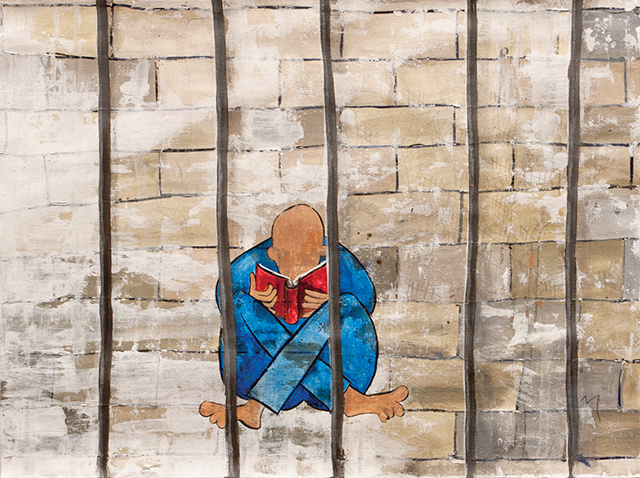
Advertisement
Dina El-Mamoun: Activists in the subregion have said they feel this sentence sends a clear message that they must not think the Arab Spring means they can criticize their leaders.Is this kind of oppression happening in other countries as well?
We have seen activists in the Gulf facing similar charges of “insulting” heads of state. In Oman, dozens of activists have been charged with insulting the sultan and participating in protests. In Saudi Arabia, protests have been taking place in the Eastern Province, Qassim, and Riyadh. The authorities have responded with live fire and arrests. Some people have been sentenced to flogging.
Advertisement
A Qatari official told us that Qatar is often criticized for having too much freedom of expression. The reality, of course, is very different—Qatar does not allow for freedom of expression when it is at the receiving end of criticism.Check out more from our Imposters Issue:Part-Time HunksDry HeatThe Iron Pipe of Swedish Neo-Fascism